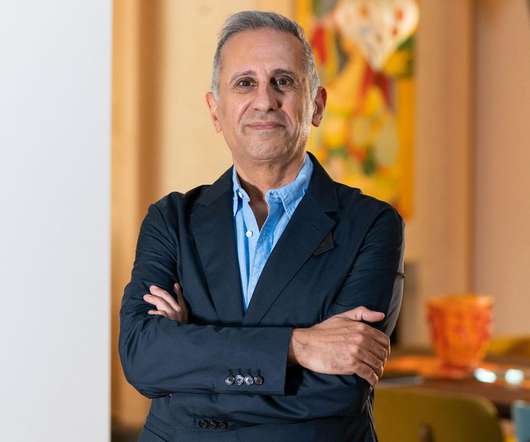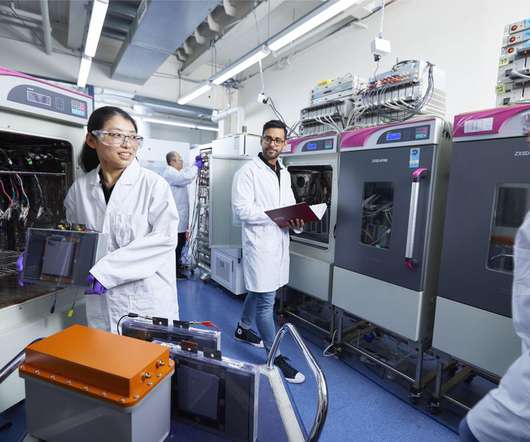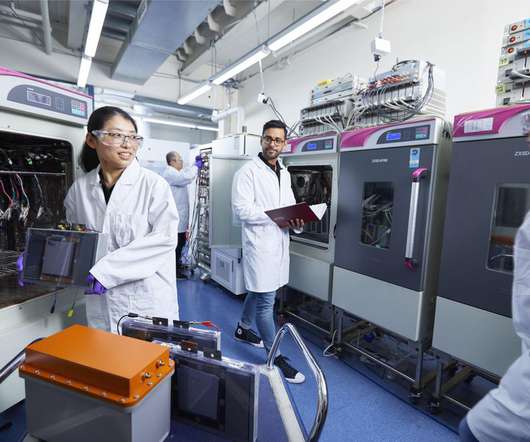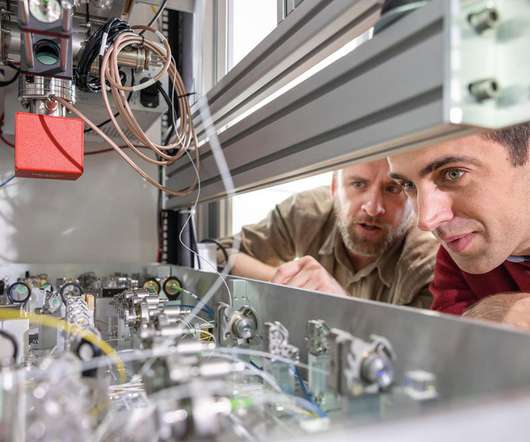Johnson Matthey, Echion, Britishvolt and UCL to develop eLNO cathode, niobium anode demonstrator cells in CASCADE
Green Car Congress
OCTOBER 21, 2021
Johnson Matthey (JM), Echion Technologies , (Echion), Britishvolt (BV) and University College London (UCL) are grant recipients in the latest round (Round 4) of the Faraday Battery Challenge in the UK. Echion is a high-growth company spun-out of Cambridge University in 2017 to commercialize niobium oxide-based materials for anodes.



















Let's personalize your content